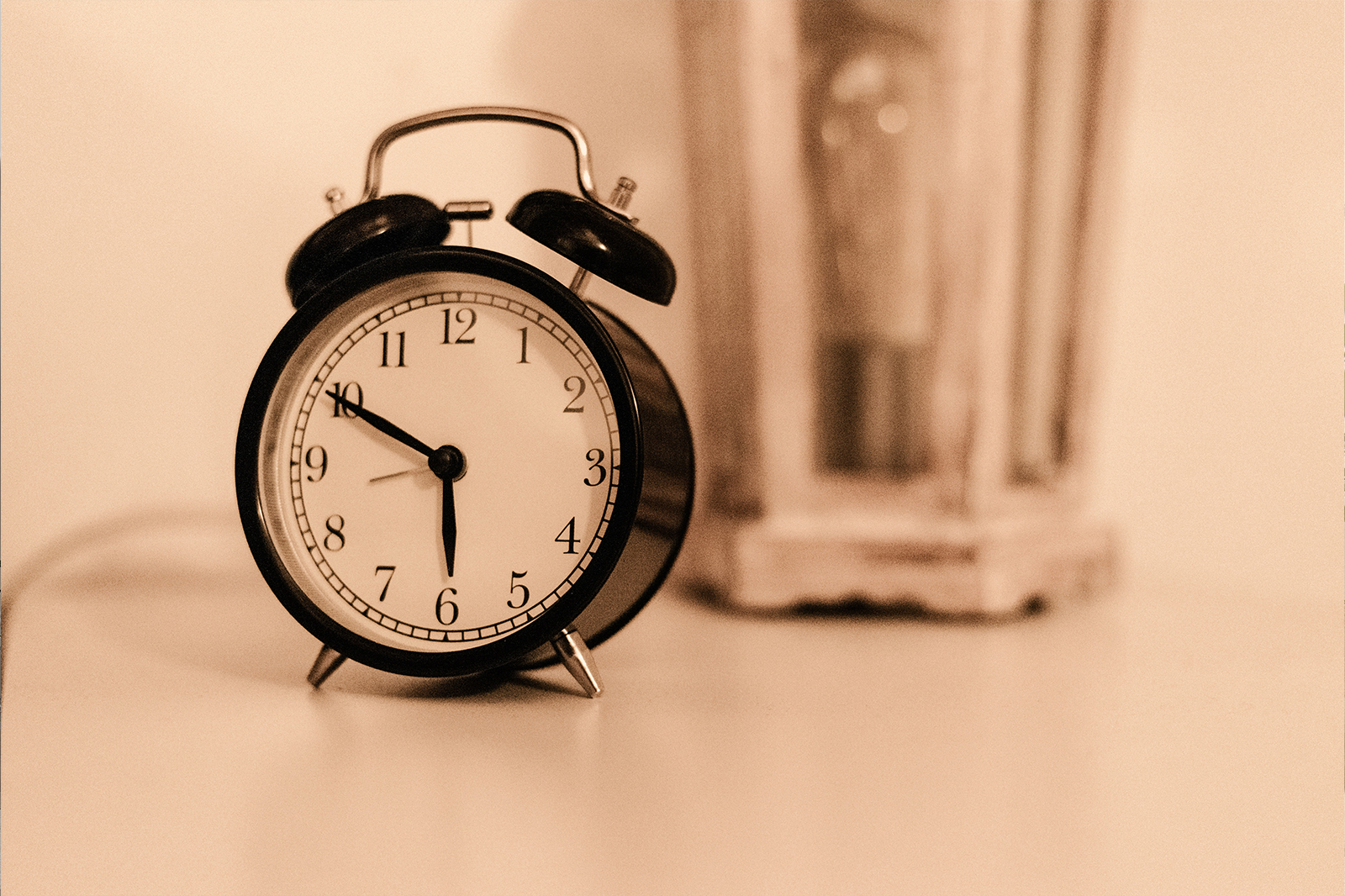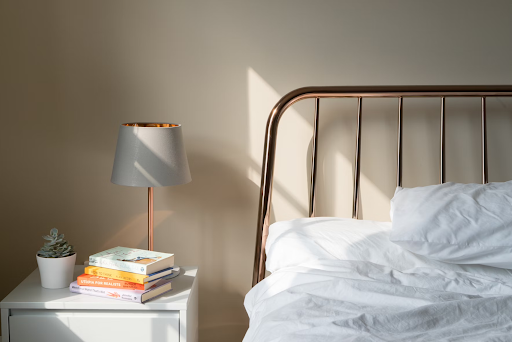How to reset your body clock

Author: Jonathan Warren

How to reset your body clock
Life can be a little hectic sometimes and as the world starts to reopen in the wake of the pandemic, there’s a whole lot of change going on which your body clock might not be prepared for. Whether it’s restarting your commute back to the office, getting the kids up and running for the new school year, or coping with the decreasing daily sunlight as we head into winter, our body clocks can be knocked off course by even the smallest changes to our routines.
But what is a body clock and how can you influence it? In this blog, we’ve put together all you need to know about circadian rhythms, healthy sleep schedules, and how to reset your body clock if you’re feeling a little out of sync.
How does your body clock work?
At Time4Sleep, we love a good natter about our circadian rhythms (which is the posh way of referring to your internal body clock). The circadian rhythm is a 24-hour sleep-wake cycle which is affected by darkness and light and has a number of knock-on effects for us human beings.
For the science geeks out there, our circadian rhythms are coordinated by a master body clock called the ‘suprachiasmatic nucleus’ (SCN), a cluster of about 20,000 nerve cells located in the hypothalamus – a small region located at the base of the brain.
Over the course of a day, as we are exposed to light, the SCN coordinates signals across our bodies to keep us awake and alert, producing melatonin to help us sleep when darkness sets in. In theory, when your circadian rhythm is working well you should be able to fall asleep and wake up at regular times each day – but of course, life isn’t always so simple and our body clocks are very vulnerable to change. Jet lag, illness and changes to routine can all have a disruptive impact on our circadian rhythm and negatively affect sleep quality.
Why is it important to establish a sleeping schedule?
The key to quality sleep is consistency. Variation to your bedtime or morning alarm clock can have a knock-on effect on your circadian rhythm that could ultimately make it harder to wake up in the mornings or nod off in the evenings.
Keeping a consistent approach to bedtime, from a soothing skin care routine to a phone reminder to shut your curtains so you can adjust to less light, will help your body produce cortisol and melatonin at the right times of the day and get a sound sleep.
Can you fix your body clock?
The short answer is of course you can! If you’re feeling a little out of sync, struggling to get to sleep at the right time or feeling starved of shut-eye, there are plenty of things you can do to get your circadian rhythm back on track. Don’t be disheartened, cosy kip is on the horizon!
How to reset your body clock
If you’ve just ventured across time zones or are recovering from being under the weather, resetting your body clock is a must. It might not reset immediately, but there are plenty of tricks to deploy if you need to get your circadian rhythm back on track. Here are our top tips to get you started.
Stick to the plan!
Keeping to a good sleep schedule is one of the best weapons when it comes to tackling an out of sync body clock. Trying to go to sleep and wake up at a regular time will help regulate your circadian rhythm and, unfortunately, if you need a reset, it’s best to avoid any naps for the time being until you’re firing from all cylinders again.
For the jetsetters out there, you’ll need to adapt to your new time zone, so try to sleep when you might not feel sleepy and resist the urge to lie-in or doze off during the day. We’ve heard that setting your watch to your new time zone before you travel can be a good mind-trick!
You could also try to trick yourself into getting sleepier at the right time by lighting a scented candle, staying away from bright lights, reading a book or practicing other sleep-centred self-care routines. Remember – a bedtime ritual is the foundation of quality snoozing!
Caffeine and technology are the enemies
Coffee can work wonders for us all, but if your body clock needs a reboot it’s time to swap the cappuccino for some chamomile tea. The effects of caffeine can take some time to wear off, so consuming them late in the day could negatively interfere with your circadian rhythm.
Similarly, technology can overstimulate our brains, meaning that we aren’t quite ready for sleep when night time rolls around. This is because the artificial blue light that is emitted from phone screens and tablet devices can trick your brain into thinking it’s daylight. This gets in the way of that sweet release of melatonin which prepares us all for some restful shut-eye.
Putting the coffee down pre-midday and reducing your screentime in the 90-minute period before bedtime could be just the ticket to get your body clock back in balance.
Let there be light (or dark!)
Our circadian rhythms are intrinsically linked to the rise and fall of the sun, so getting enough exposure to sunlight at the right time of day is a great step to take on your way back to a well-regulated body clock. Getting outside for a much-needed dose of vitamin C can improve your energy levels and help to power you through the day and, in the same vein, drawing the curtains and dimming the lights when it’s approaching bedtime can help trigger the release of melatonin which makes us sleepy.
How long does it take to reset your body clock?
When it comes to sleep, no one size fits all, so how long it takes to reset your body clock will depend on your unique circumstances, the factors which are disturbing your circadian rhythms and how much those factors are impacting your life.
In regard to jet lag, some say it takes approximately one day for each time zone crossed to get back on an even keel. So travelling from the UK to Australia, for example, could throw out your body clock by quite some whack, whereas a big night out or hectic weekend might only take you a day or two to get back on track.
Consistency is the key to quality sleep, so the quicker you can get back into your schedule of bedtime rituals, the better!



